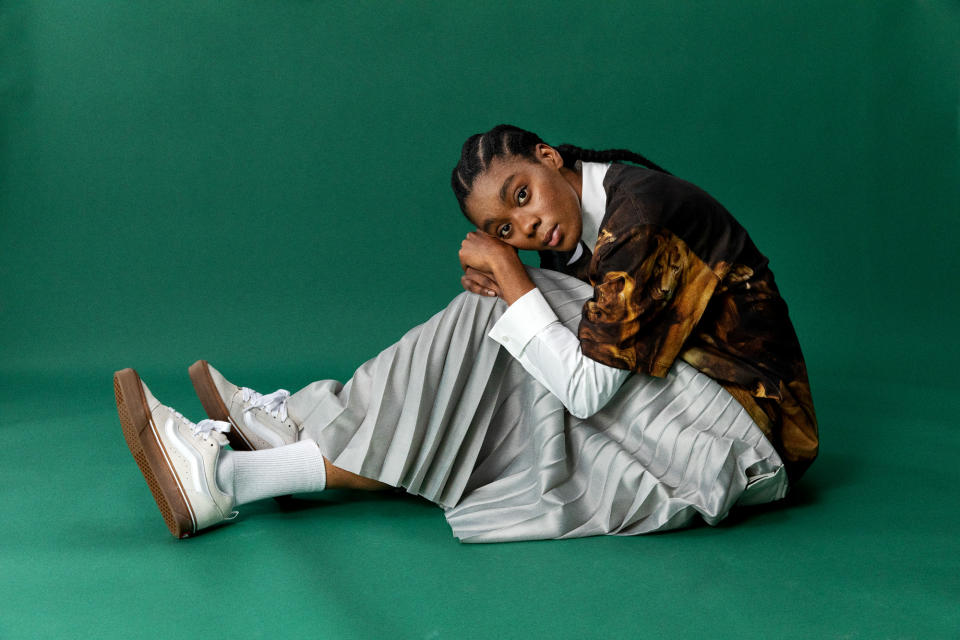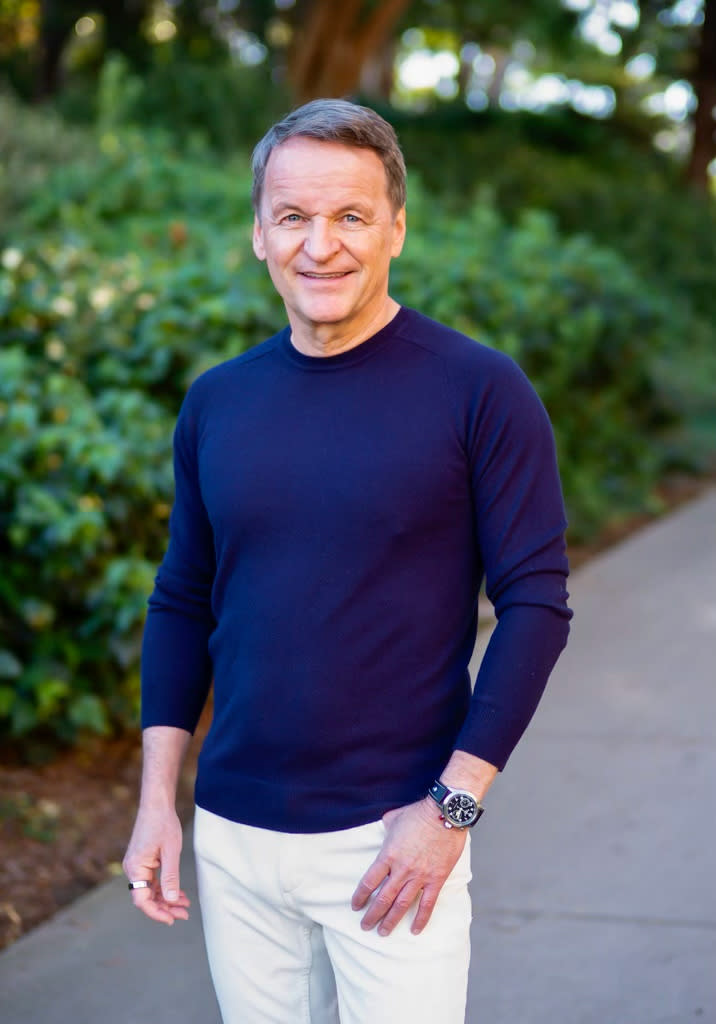VF Moves Into ‘Transition’ Year After Q4 Losses

VF Corp. limped out of the fourth quarter with an additional $313 million charge against the uneven Supreme business, continued sales declines at Vans and a search ongoing for a new chief executive officer.
But Benno Dorer, the former Clorox Co. chief who’s been steering VF as interim CEO since Steve Rendle left abruptly in December, said the once-stalwart company has the goods to bounce back.
More from WWD
“Fiscal ‘24 will be a year of transition and progress positioning us to accelerate profitable growth in fiscal year ‘25 and beyond,” Dorer told analysts on a quarterly conference call on Tuesday. “We have an appropriately balanced plan in place for this fiscal year considering our organizational transition. We will show progress in several areas with sensible revenue projections, increased marketing investment and a sharp focus on margin, leading to solid operating profit growth and cash flow generation.”
The non-cash charge against VF’s $2.1 billion Supreme acquisition from 2020 led VF to a fourth-quarter net loss of $214.9 million, which compared with net earnings of $80.8 million a year earlier.
Adjusted earnings of 17 cents a share came in 3 cents ahead of the 14 cents analysts projected, according to FactSet.
And revenues for the quarter ended April 1 slipped 3 percent to $2.7 billion from $2.8 billion.
By brand, Vans saw revenues slide 14 percent to $857 million while Timberland fell 9 percent to $395.6 million. The North Face was the company’s standout gainer, rising 12 percent to $859.5 million.

The Vans turnaround is clearly the company’s most pressing — and the effort is underway and being led by Vans global brand president Kevin Bailey.
But Supreme also drew some interest on the call with Wall Street analysts.
The acquisition was one of Rendle’s big moves — a pricy purchase in the midst of a pandemic — and it led to a total of $735 million in impairment charges last year. VF said the charges were tied to “non-operating factors including higher interest rates and foreign currency fluctuations.”
Dorer, a long-time VF board member, stood by the deal and said the business needed a bit more time — and reach.
“It remains a great brand and acquisition,” the interim CEO said. “There’s no doubt about it. We saw a sequential improvement in Q4, which is good, and we’re expecting growth from the business, margin accretive growth to the company and we’re very confident in our strategy.”
That strategy is to expand access to Supreme, from 20 percent of global consumers today to 40 percent in three years by growing brand awareness, expanding in new categories such as footwear and building geographically.
Dorer said Supreme’s performance has been uneven because it hasn’t been opening very many stores — although Supreme has been famously meticulous in rolling out new stores and careful to keep its cool and edge.
But more stores are on the way.
“We’ll reaccelerate that work,” Dorer said. “Stores are performing really well. Our best market is Japan these days, which is growing strongly, and it’s no surprise that that’s also the market where we have the most stores, even more stores than in the United States. We recently entered the Beijing market and that store is performing well.”

For the full year, VF’s net income fell to $118.6 million from $1.4 billion in the prior year. Adjusted earnings per share fell to $2.10 from $3.18. And sales for the 12 months declined 1.9 percent to $11.6 billion.
This year, VF is looking for earnings per share of $2.05 to $2.25 with revenues coming in flat to up slightly.
Investors seem to be giving Dorer some room to run and sent up shares of VF up 3.6 percent to $19.65 in after-hours trading.
Best of WWD

